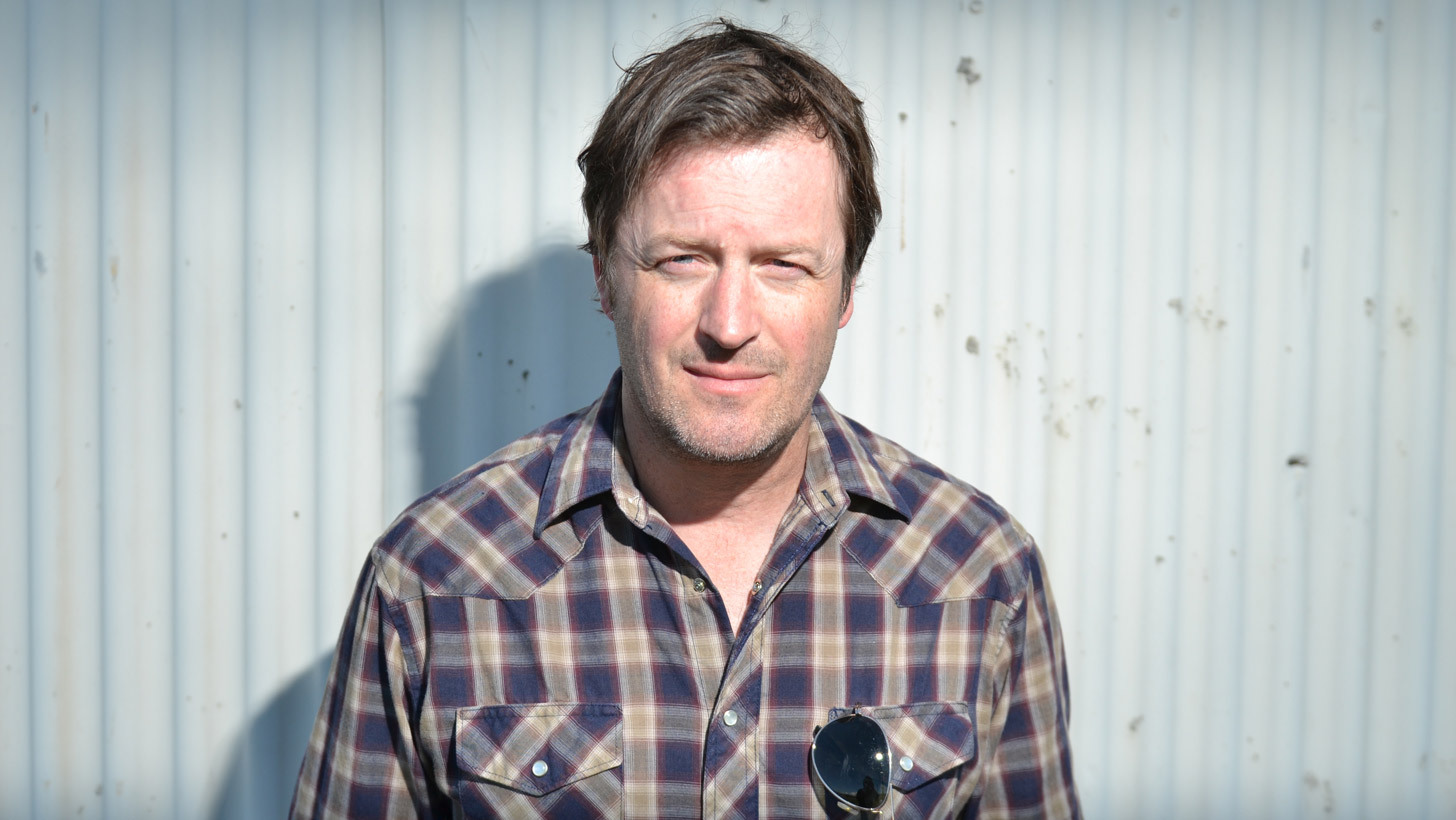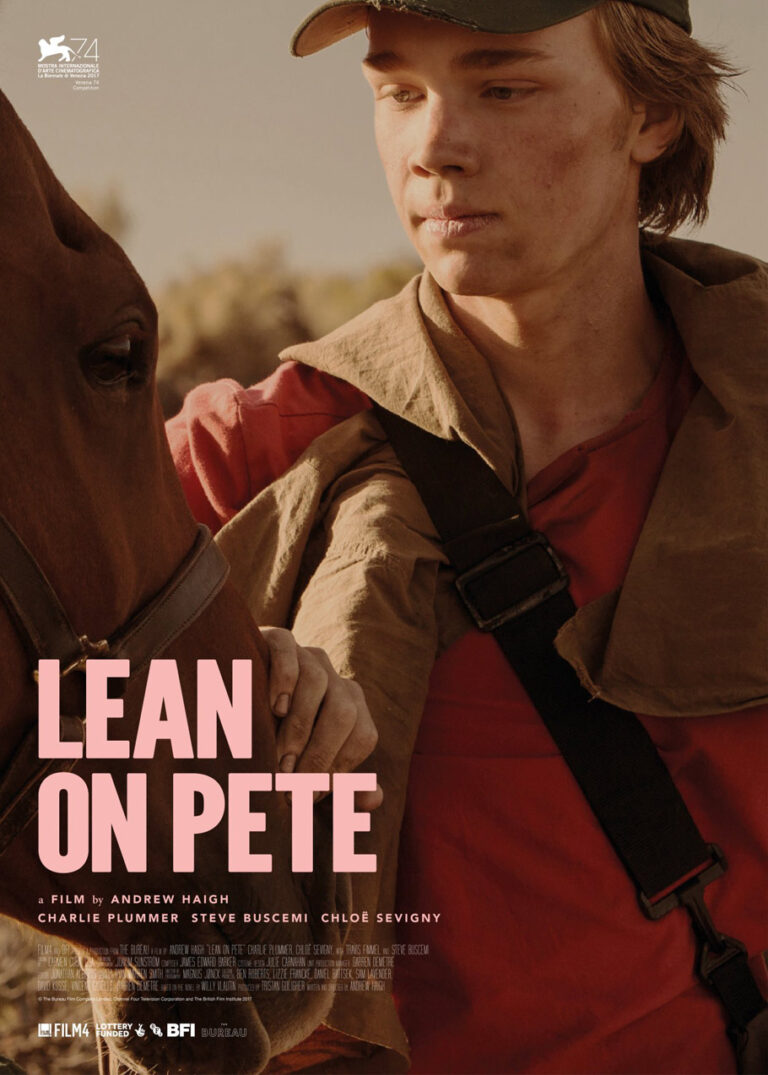Film Interview: What Would Willy Do?
An Interview With Novelist, Musician Willy Vlautin


Latest Article|September 3, 2020|Free
::Making Grown Men Cry Since 1992

